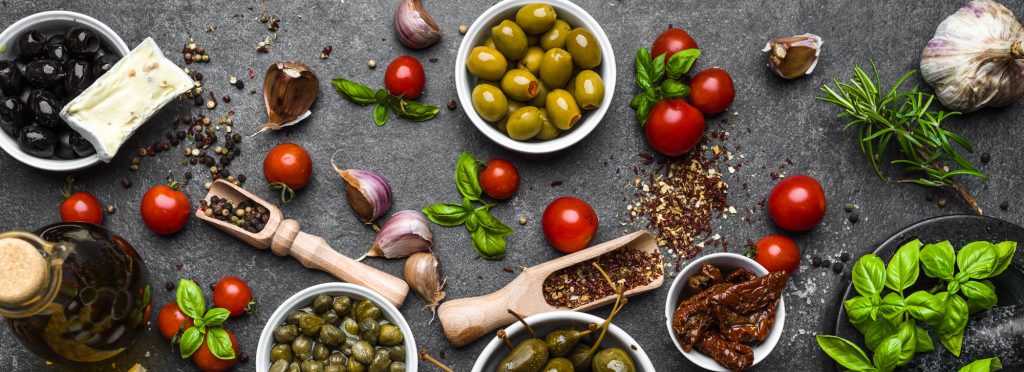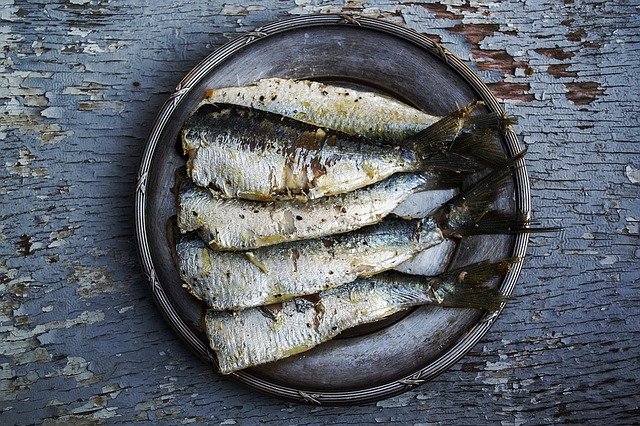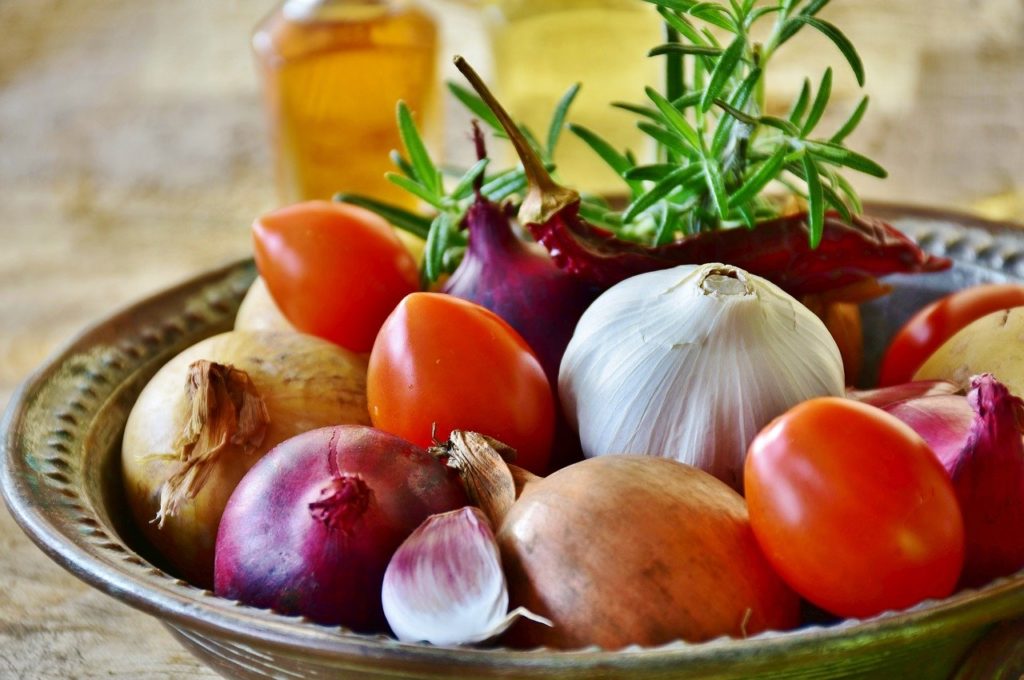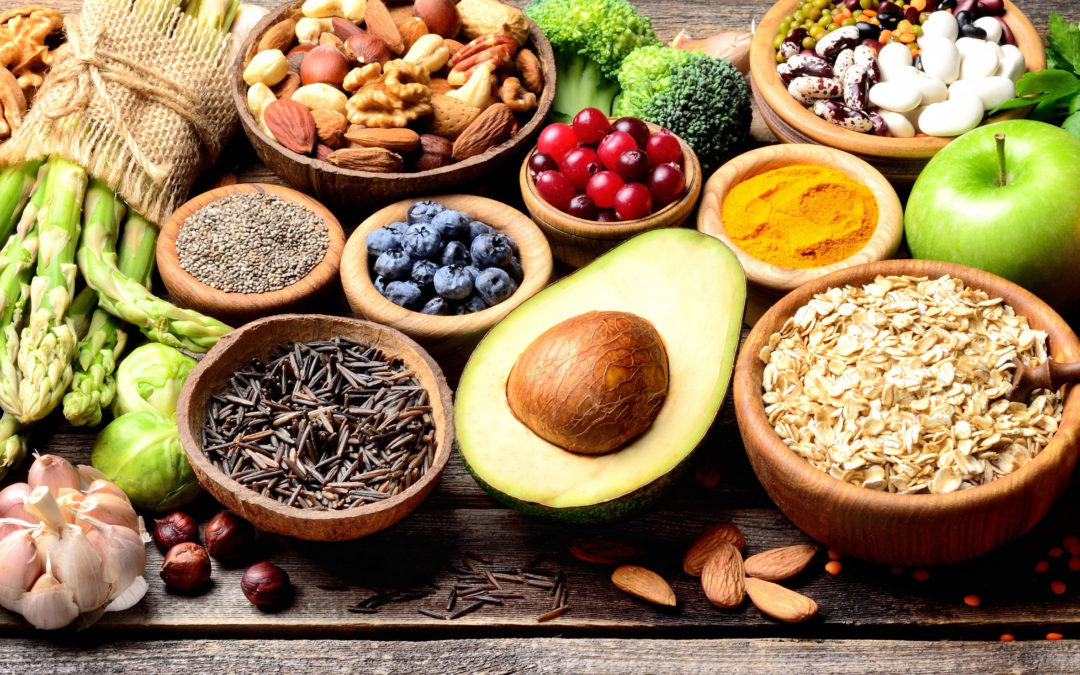What is Covid-19?
The Covid-19 pandemic is due to a type of virus, SARS-CoV-2, which is new to the human immune system. Covid-19 is the name given to the illness that this virus causes. Coronaviruses comprise a group of spherical shaped viruses, characterised by club-shaped spikes protruding from their surface. Under a special type of powerful microscope, this resembles the solar corona – hence their name.
Coronaviruses are not unfamiliar to us – they have been around for some time. [1] In fact, they are one of the causes of the common cold, which usually causes mild symptoms. However, SARS-CoV-2 can be much more severe, and is transmitted via the airborne route. This means it hangs in the air like smoke, but invisibly. Along with SARS-CoV-2, other types of coronavirus that can potentially cause more severe symptoms include MERS-CoV and SARS-CoV.
What is the immune system?

The immune system is like an orchestra of many different cells and tissues, all playing their unique part in a complex array of barrier protection, pathogen recognition and elimination, and immunological memory. It does this to protect us from ‘invaders’ including bacteria, parasites, and viruses such as coronavirus. It also helps protect us from the effects of injury / trauma, and helps prevent growth of abnormal cancer cells. So, it really matters that we have a well-functioning immune system.
Nutrition, the immune system, and coronavirus
When it comes to nutrition, it is important to know that there is nothing we can eat to stop us catching a viral illness such as Covid-19. For this, we need to avoid or minimise exposure using appropriate airborne infection control measures such as ventilation, air filtration, and well fitting respirators. However, there are several micronutrients that play important roles in supporting the immune system to do its job should an infective pathogen enter the body. Deficiencies in one or more of these micronutrients may in turn impair the immune response, making us more susceptible to infection by a number of pathogens, including viruses.
Also important while fighting an ongoing infection is sufficient energy intake / stores – we need extra calories for energy due to the additional metabolic demands associated with infection and fever.
So, what does this mean? It means that if nutrition is poor due to nutrient deficiency, the immune system may be suboptimal or impaired, making us more susceptible to infection. It also means that both immune impairment and increased susceptibility to infection can be prevented or corrected by treating those nutrient deficiencies [2,3]. How do we do this? By replenishing with good quality sources of the relevant dietary nutrients.
Which nutrients do I need for maintaining immune function?

The European Food Safety Authority recognises the role of the following nutrients in maintenance of function of the immune system: [4]
| Nutrient | Example Food Sources Include: |
| Vitamin D | Oily fish, liver, eggs |
| Vitamin C | Red & green peppers, kiwi fruit, oranges, strawberries, blackcurrants, brussels sprouts, potatoes |
| Vitamin A / Provitamin A | Liver, oily fish, whole milk, eggs, butter, dark orange vegetables, dark green vegetables |
| Vitamin B12 | Fish, meat, cheese, milk, yoghurt, eggs, yeast extract |
| Vitamin B6 | Chickpeas, meat, fish, potatoes, green leafy vegetables, tofu, soy beans, yeast extract |
| Zinc | Shellfish, meat, cheese, pumpkin seeds, cashews |
| Folate | Liver, chickpeas, brussels sprouts, broccoli, green leafy vegetables |
| Iron | Meat, liver, fish, tofu, kidney beans, lentils, dark green leafy vegetables (e.g. spinach, kale) |
| Selenium | Brazil nuts, meat, fish, eggs |
| Copper | Shellfish, liver, nuts, potatoes |
Key Nutrients:
- Vitamin D
- Vitamin C
- Zinc
- Iron
- Selenium*
The National Diet and Nutrition Survey (NDNS) reported that in 2015/16, average UK intakes of Selenium and vitamin D from food were 50mcg (versus RNI 60 for women/75 for men) and 2.7mcg (versus RNI 10) respectively. For women, average daily intake of iron from food was reported as 9.3mg, versus RNI 14.8mg. Daily average intakes of zinc were borderline at 7.6mg for women (versus RNI 7) and 9.7mg for men (versus RNI 9.5). A more recent time trend analysis (for years 1 to 9 of the survey, including 2016/17), reported overall downward trends over the period for vitamin D and zinc, and static for selenium. This suggests that as a population, we may not be getting enough of these nutrients in our diet.
Vitamin C is widely found in a varied diet in sufficient amounts for most people to meet the daily RNI from food intake (40mg). However, supplementation has been shown to decrease the duration and severity of upper respiratory tract infections such as the common cold [5,6]. Given that the intakes examined in these studies greatly exceeded the current UK RNI, the intake of vitamin C needed to provide optimum support for the immune system may be greater than is being achieved through the average diet alone.
*It is important to bear in mind that the safe upper limit for Selenium is 400mcg/ day [7].
Key nutrient to supplement: Vitamin D

Synthesis of vitamin D begins in the skin, a process which requires UVB rays from the sun to reach our (uncovered) skin during certain times of the day. This is a problem in northern latitudes like the UK, as we don’t typically get much sunshine over the year. And even when we do, we are likely to use sun protection. It is also difficult to consume Vitamin D in adequate amounts from the diet alone. Therefore, especially given recent lockdown measures, it is recommended that this nutrient is supplemented.
Most immune cells contain receptors for Vitamin D, which plays a role in their differentiation and the mechanisms that allow them to kill pathogens. Two recent meta-analyses of randomised controlled trials (RCTs – the highest level of evidence available), totalling 16,981 participants, concluded that supplementation with Vitamin D had a protective effect against respiratory tract infections [8,9].
The current recommended UK daily intake is 10 micrograms (mcg) per day, although the safe upper limit is not exceeded until intakes go above 100mcg per day [10]. Most of the studies within the above analyses (27 out of 36 RCTs) comprised average intakes of 25mcg per day and above.
Add Antioxidants
Antioxidants are a type of compound that can limit the effects of oxidative stress, which may otherwise damage the cells in our body. Oxidative stress can sometimes be a good thing – it is one of the methods some types of white blood cells use to kill invading pathogens, in a process known as ‘oxidative burst’. But when the inflammatory response to infection becomes excessive, reactive oxygen species, along with a cascade release of other chemical messengers, can start to do more harm than good, damaging not just the invading pathogen, but our bodies too.
Antioxidants have the ability to ‘absorb’ the damage caused by reactive oxygen species, before they wreak too much havoc.
Examples of antioxidants include vitamin C (see above), as well as:
- Vitamin E: Sources include almonds, hazelnuts, peanuts, spinach, broccoli, kiwi, mango
- Glutathione: Sources include asparagus, avocado, broccoli, cucumber, and mushrooms. Levels can also be supported by ensuring sufficient selenium and vitamin B2 in the diet (both of which support glutathione activity), omega 3 fatty acids and vitamin C.
The best way to ensure sufficient intake of dietary antioxidants is to aim for a wide variety of colours of vegetables and fruit in the diet. Try to ‘eat the rainbow’ each day.
Include anti-inflammatory foods

Due to the pro-inflammatory state that results when the immune systems’ defences become excessive, there may be an important role to play in tackling the underlying chronic low grade inflammation associated with the modern western diet typically high in ultra-processed and refined foods [11,12]
Proinflammatory foods include sugar, high fructose corn syrup, trans fats (artificial fats), vegetable oils, seed oils, refined carbohydrates (bread, pasta, cereals, cakes, pastries), and processed meat.
Anti-inflammatory foods include long chain omega 3 fatty acids (EPA/DHA- found in oily fish, fish oil, and seaweed), cruciferous vegetables (eg broccoli), berries, avocadoes, mushrooms, turmeric/curcumin, extra virgin olive oil, dark chocolate, tomatoes, and cherries.
Don’t forget the microbiome
Amazingly, 70% of our entire immune system resides within the digestive system [13]. Maintaining gut health isn’t just important in preventing digestive problems; it plays an important role in immune defence too.
The microbiome is the collective name given to all the microbes (including bacteria, fungi, parasites, and viruses) that live in the gut. Our digestive systems are home to more than 500 species of bacteria. The ‘good’ bacteria play several important roles in the immune system, including fermentation of certain types of fibre to produce protective short chain fatty acids (SCFAs). SCFAs have been shown to inhibit production of inflammatory messengers [14], strengthen gut barrier function [15], and reduce human bowel cancer cell growth [16].
Which foods support the microbiome?
These can be divided into probiotics (foods that contain the good bacteria) and prebiotics (foods that support the good bacteria).

Probiotic foods include:
- Plain natural yoghurt
- Kefir
- Sauerkraut
- Kombucha
- Miso
- Tempeh
Prebiotic foods include:
- Apple
- Asparagus
- Banana
- Chicory
- Garlic
- Onion
- Legumes
- Wholegrains
Take home message
Aside from adhering to public health measures including careful handwashing and social distancing, it is a myth that certain foods can prevent us from catching viruses such as Covid-19. However, nutrition does play an important role in helping us fight any infections that may come our way.
For the most part, we should be able to get all the nutrients we need from a varied diet that includes a variety of whole food sources of fats and proteins, omega 3 fatty essential fatty acids, and avoidance of ultra-processed foods. We also need a wide variety of different coloured plant-based foods, to support our microbiome and provide antioxidants, both of which play important roles in supporting immune function. Vitamin D supplementation is advised, and supplementation of other nutrients may sometimes be necessary. Seek advice from a qualified healthcare professional if unsure.
As always, the best approach is the long game. There is no quick fix when it comes to supporting a healthy immune system. Even vaccinations require a properly functioning immune system to be effective. Eating nutritious food each and every day is the most valuable thing you can do right now to take control of your health. Why not start today and try a new recipe?
Author: Dr Rebecca Healey

